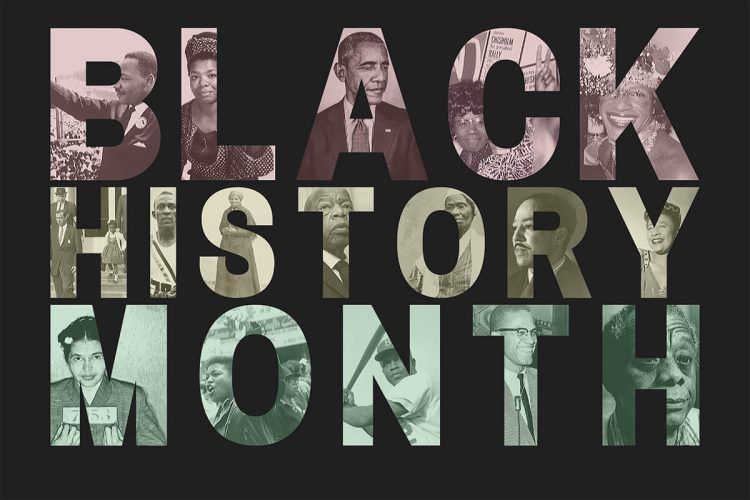Women Don't Need Saving; They Need Someone in Their Corner
In the past 5 years, advocacy has been a loud buzzword in the professional world. However, as each month of observance comes and goes, it becomes more and more clear that some, most, may be confused about what it really means to be an advocate, an ally. A relevant example? Women.
Although advocating for women in the workforce should be a year-round responsibility, it is a trending concept during the month of March, Women’s History Month. Cute photos of organization’s female leaders are highlighted on social media, historic women figures are remembered, etc. etc. etc.
But where is the action?
To begin the journey to consider yourself an advocate for women, you must first understand what it means to be an advocate. Many confuse a hero/savior mentality for advocacy, where in actuality, that mentality is just as, if not more, condemning and demeaning.
What is a “Hero/Savior” Mentality?
Individuals with Hero complexes in the workplace essentially want one thing: recognition. They want to save someone from a situation, to be able to take credit for fixing the situation. You may think, “Well where’s the harm in that? The situation is resolved”, well not quite.
Situation: Cara is a Marketing Manager at a medium sized nonprofit. After Cara pitched a new campaign, she’s worked all quarter on to her Executive Director Phil, Phil shut down every detail of her idea and demanded she give the task away to Rob, who has a lower title, less experience, and has been at the company for less time than Cara. Rob takes notice of this conversation, and take notice of Cara’s defeated, angry energy, and decided to simply usher Cara out of the room, letting her know she doesn’t have to worry about it, he will take over.
Don’t Stand in Front of Women, Stand with Them
To be an advocate is not to be a shield. Avoiding and shutting down a conversation allows neither party to learn and grow from it. Taking the above situation, if Rob was a true advocate for his team and his female peers, he would have held the Executive Director accountable for his insensitive remarks, and reminded him of Cara’s seniority, experience, and abilities. Rob would say, “I have no problem providing Cara assistance in any way she needs, but based on Cara’s skill sets, the campaign would only benefit from her direction”.
Where Do You Begin?
Knowing how to appropriately and effectively be an ally will not come overnight. If you are feeling ashamed of your lack of advocacy and don’t know where to turn and where to start, begin by reading. Educate yourself on the experiences of the individuals you are advocating for. Have a conversation with an individual and ask, “What can I do?”. Taking initiative is the first step in creating a comfortable and equitable experience for all.





